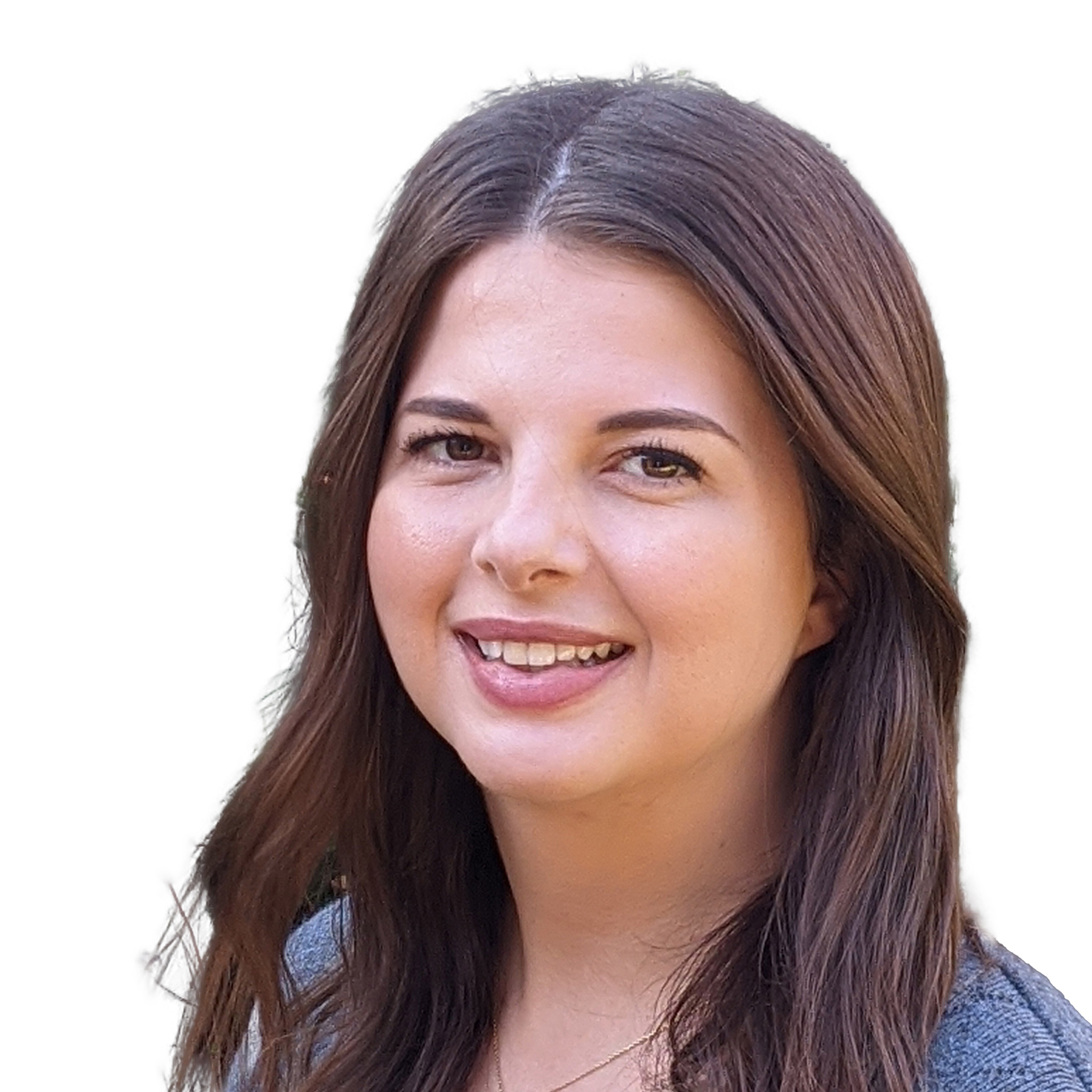Often borne out of necessity, and built with resilience and passion, patient support groups (PSGs) can become a lifeline for many, providing support, accurate information and practical tips.
When diagnosed with an endocrine condition, patients can face a burden, often described as ‘the full-time job I never asked for’. Managing a chronic condition requires assistance and, when your condition is rare and life-threatening, this comes with further complications. Healthcare professionals can only do so much when clinic time and resource are limited, even more so given the current challenges facing the NHS. This is where PSGs come in.
PSGs are there after diagnosis, and for the ongoing education and training required to manage a lifelong condition. Patients and their families can come to us for peer support and expert guidance, avoiding the pitfalls of inaccurate information on the internet and social media. We bridge the gap between appointments to engage, educate and empower patients and those who support them.
Whilst we cannot wave a magic wand to remove waiting times and delays, there is a lot we can do to support and educate the community whilst they wait. We can also try and remove some of the pressures from you and your endocrinology departments.
OPPORTUNITIES FOR HEALTHCARE PROFESSIONALS

Patient support groups at SfE BES 2023
We do not exist for the benefit of patients alone. We provide up-to-date, reliable, expert-reviewed information and research opportunities for healthcare professionals. By getting involved with PSGs, you can gain a more well-rounded understanding of a condition’s diagnosis, progression and impact on patients’ lives.
Many PSGs are also able to provide research grants and, with most research funders wanting to see engagement and involvement with the public, PSGs can provide vital links to help demonstrate the impact of your work.
PSGs also want to hear from you, to develop our shared understanding of what everyone needs to manage conditions effectively and to improve patient safety and quality of life. Have you noticed an education gap within a condition you treat? Let us know!
PSGs are vitally supported by healthcare professionals like you, volunteering as medical advisors, sitting on clinical advisory panels and standing as medical trustees. We are truly grateful for all you give to support our work and make our expert guidance available.
WORKING TOGETHER, WE ARE STRONGER
Ultimately, collaborations between PSGs and healthcare professionals contribute to the well-being of all involved! Living with chronic conditions requires constant self-management, access to high quality information and social support – all of which can be provided by PSGs. When combined with a healthcare professional who is well-informed, actively involved in the management of a rare condition and collaborating with the relevant PSG, the patients’ care and lived experience can be significantly enhanced.
EXAMPLES OF PSGs’ RECENT WORK
- Speaking at the Getting It Right First Time ‘Further Faster’ Endocrinology meeting in June 2024, the Addison’s Disease Self-Help Group, British Thyroid Foundation and The Pituitary Foundation highlighted their resources for patients and clinicians and suggested how QR codes on appointment and clinic letters linking to PSGs would support patients through extended waiting times. These presentations will be available to watch on NHSFutures.
- The Child Growth Foundation has developed a range of transition resources for young people affected by growth conditions, beginning with Silver−Russell Syndrome. Additionally, with their medical advisors, they have launched GP virtual training sessions on the education platform Pulse 365, which will be rolled out to a larger audience of healthcare professionals.
- The Association for Multiple Endocrine Neoplasia Disorders raised awareness of patient needs, presenting at conferences including the World MEN Scientific Meeting and the SfE BES conference in 2023, and the South Korean SICEM conference in 2024.
- The Brittle Bone Society is proud to act as Secretariat of the NHS Rare Disease Collaborative Network (RDCN) for Adult Rare Bone Disease. The aim of the RDCN is to establish a robust network which, at this time, involves 18 hospital trusts in England.
- The British Thyroid Association worked with MIMS Learning to produce free continuing professional development webinars and training modules for healthcare professionals which are endorsed by the Society for Endocrinology.
- PWSA UK (for Prader−Willi syndrome) awareness month culminated in Glow Orange on 31 May, and this year saw 39 national landmarks (including Battersea Power Station) lit up orange!
ABOUT THE SOCIETY’S PSG NETWORK
In September 2021, the Society for Endocrinology PSG network was established, with representation from 18 Society-affiliated PSGs and representatives from the Nurse and Clinical Committees. The network provides a forum to share concerns and best practice in a collaborative and supportive environment. Meetings are held twice per year, with the agenda driven by the PSGs.
The network has helped to streamline the PSG affiliation process, enabled improved engagement with PSGs at Society events, facilitated the development of new tools for patient engagement and provided a stronger voice for PSGs within the Society. The network also provides invaluable input to key Society projects, with important contributions to the Defining the Future of Endocrinology working group, highlighting the importance of a closer working relationship with the Society.
PHILIPPA SHARMAN
Communications and Research Manager, Addison’s Disease Self-Help Group
FURTHER READING
Breen L et al. 2023 Endocrine Abstracts https://doi.org/10.1530/endoabs.94.P154.







